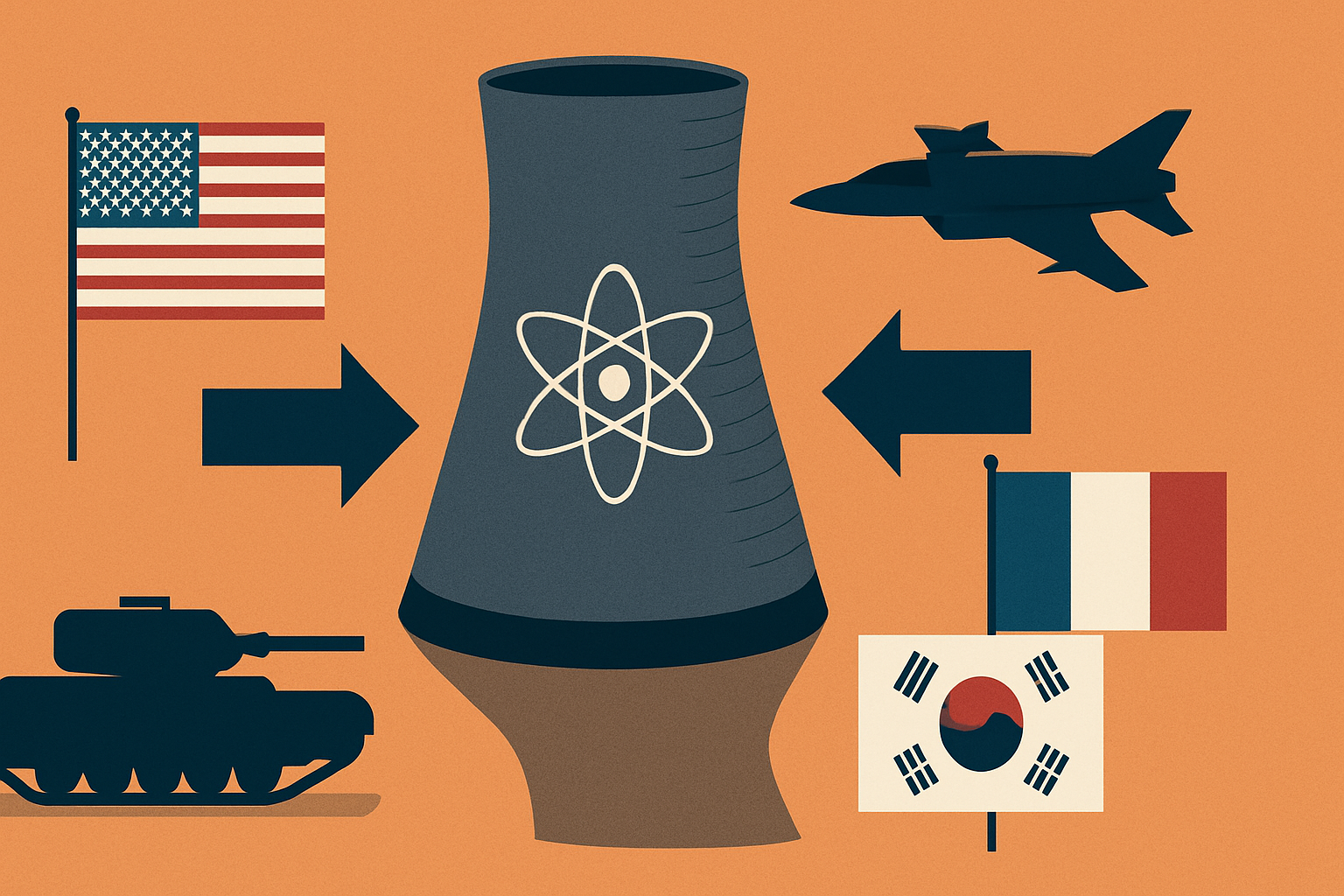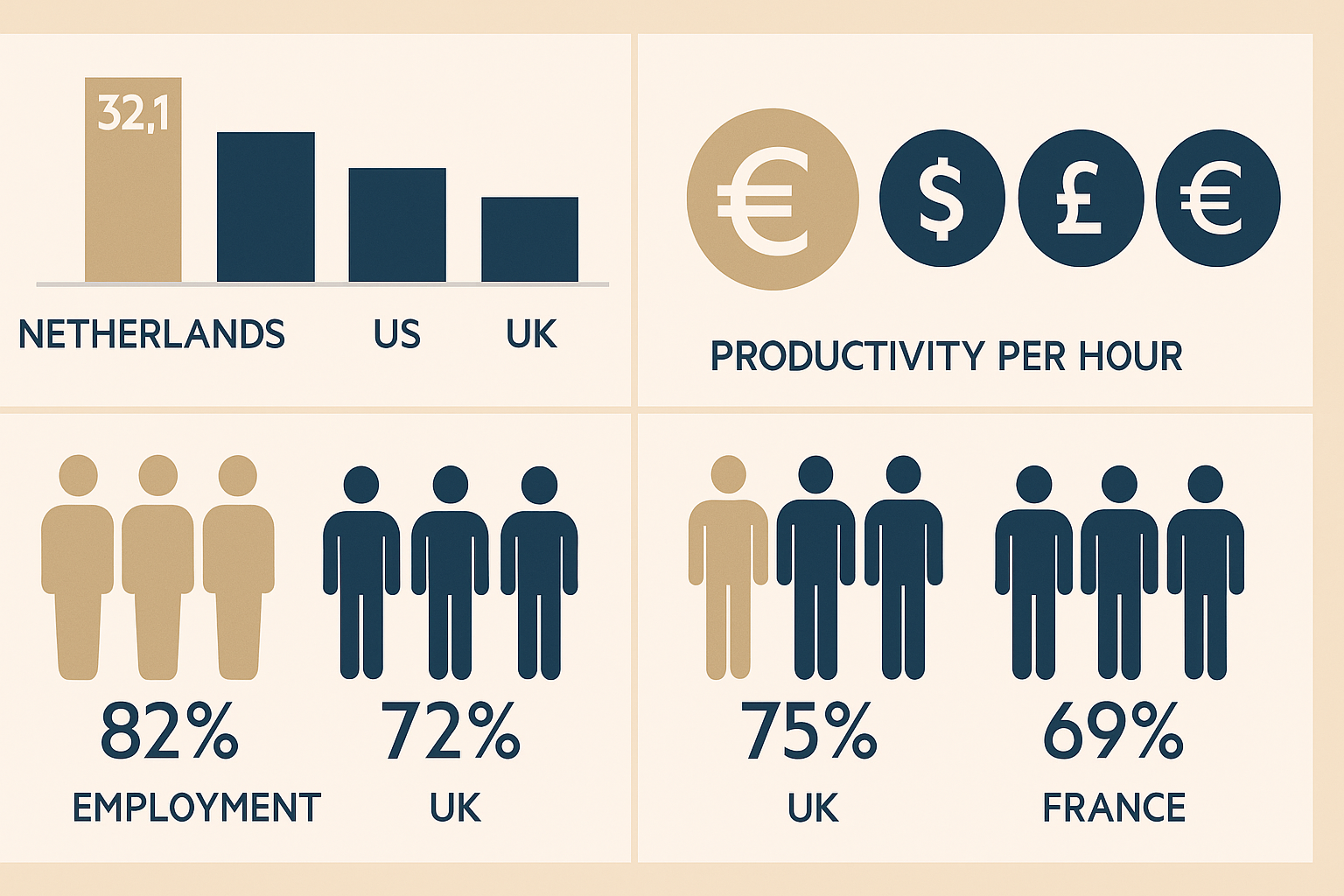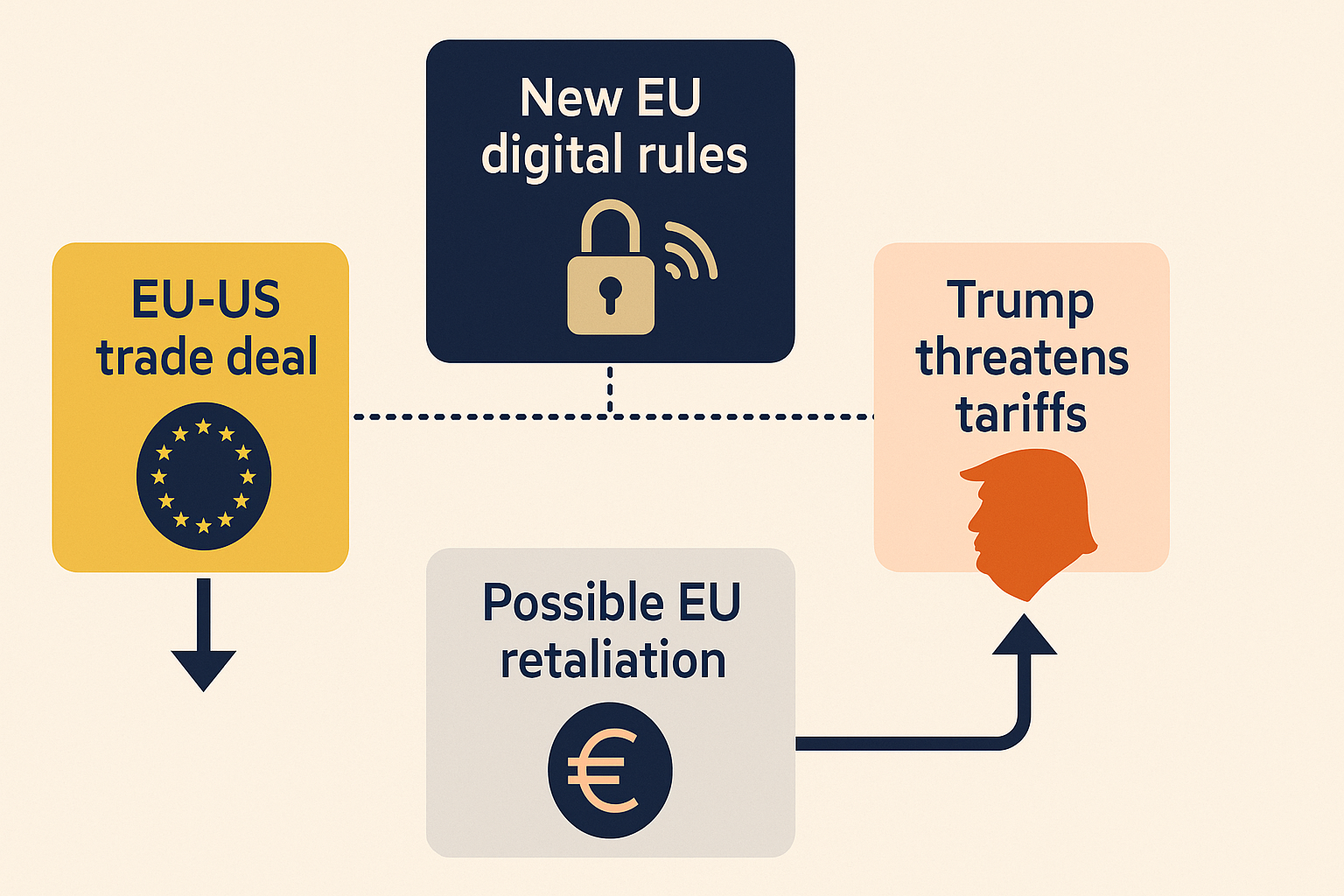A dispute between France’s state-owned energy giant EDF and South Korea’s nuclear industry has escalated into a broader debate over the European Union’s use of foreign subsidies regulation (FSR), raising questions about competition, state aid, and energy security.
Background: The Dukovany Project
The row began after South Korea’s Korea Hydro & Nuclear Power (KHNP) secured an $18 billion contract to build a new nuclear plant at Dukovany in the Czech Republic. Construction was temporarily suspended in May following a last-minute legal intervention by EDF, which argued that KHNP could not offer such a low bid without relying on illegal state subsidies.
EDF’s complaint prompted the European Commission to open a foreign subsidies investigation into KHNP. Although work has since resumed at Dukovany, the probe has cast a shadow over the project’s future.
Korean Pushback
The Korean Atomic Industrial Forum (KAIF) has strongly rejected EDF’s allegations. In comments to the Financial Times, KAIF accused EDF of misusing the FSR to eliminate foreign competition, pointing to EDF’s own history of receiving large subsidies.
“We are concerned that foreign-subsidy regulation rules are being misused by EDF, especially in light of its own history of receiving generous subsidies and state aid in multiple jurisdictions,” KAIF said. The association warned that EDF’s approach could harm Europe’s energy security and undermine the credibility of the EU’s subsidy rules.
KHNP has also suggested it would challenge Brussels in court if the Commission imposes a provisional ban on its operations at Dukovany.
EDF’s Position and Subsidy Debate
EDF declined to comment on the Korean claims. However, as a state-owned French company, it too falls under the EU’s subsidy framework. EDF has long benefited from government support, including multibillion-euro loans and grants from both the French and British governments, as well as subsidies in Brazil, the US, Vietnam, and Chile.
Most recently, in March, Paris pledged to cover half the construction costs of six new EDF reactors through a subsidised loan package expected to exceed €30 billion, pending European Commission approval.
Broader EU Context
The case comes as the EU refines its use of foreign subsidy investigations, intended to prevent unfair competition from companies benefiting from non-EU state aid. The Commission argues that unchecked subsidies could distort Europe’s internal market, particularly in strategic sectors such as nuclear energy.
The outcome of the EDF-KHNP stand-off could therefore set a precedent for how Europe balances open competition, energy independence, and the strategic role of subsidies in global markets.








